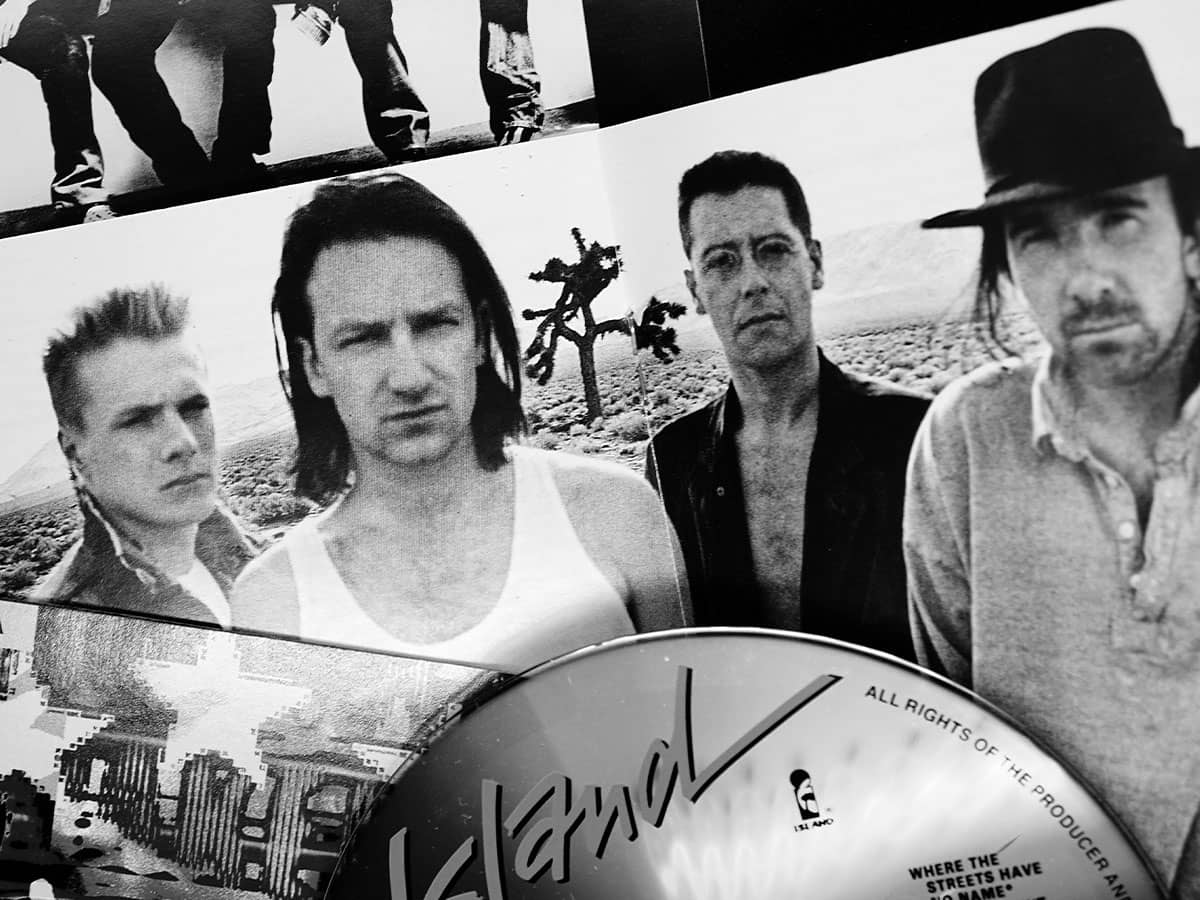Irwin was known for getting up close and personal with all sorts of deadly creatures. His forte, of course, was the croc, but "I've worked with more dangerous snakes than anyone in the world, and I've never been bitten," he often boasted. And then, more humbly, "It's a gift."
And yet, his gift didn't work on the stingray that punctured his heart.
Irwin's death is a lesson in irony. Irony No. 1: He was filming a documentary entitled "The Ocean's Deadliest," when the ray got him during an off-camera swim. Irony No. 2: The stingray is usually non-aggressive. Irony No. 3: While it's a deadly fish, very few people actually die from its bites. In fact, Irwin was one of only three people in Australia ever to die from a stingray attack.
Was it God's joke on Steve? Just desserts, for a daredevil life? The stingray's revenge, for annoying the creatures of the sea and poking his nose and camera where they didn't belong? Or was it a fitting end, a mercifully quick conclusion to an exuberant if incautious life, staged and executed by nature?
Lots of people expected Irwin to meet his end sooner rather than later. Most, myself included, passed him off as a camera-hungry thrill seeker whose egomania was simply astonishing. He'd wrestle a croc while yelling melodramatic observations like, "I'm being whacked around, facing death at every turn.... Bruises, broken bones, you name it, all in the name of crocodile conservation!" Yeah, right, I'd think. All in the name of Steve Irwin, who'll not only do anything to prove his manhood, but actually has the gall to tell you just how brave he is.
But you know, I don't feel that way anymore. After reading about Irwin, and watching Larry King's 2004 interview with him, which was rebroadcast last night, I have to say that Steve Irwin was a man who lived life to the absolute fullest, and died doing what he loved. Yes, he was crazy, by the average person's standards. Yes, he craved the spotlight. Yes, he tempted the fates. Yes, he was hyper—he'd often been accused of being an adrenaline junkie, and his friend John Stinton, who was with him when he died, admitted that, "One problem Steve had was that he couldn't sit still for five seconds and because the weather was bad today and for the last couple of days, he'd been liked a caged lion because he hadn't really been able to do anything much in the way of filming. So he said, 'Look, I might just go off and shoot some segments,' anything that would keep him moving and his adrenaline going and that's what happened..."
It seemed, on the surface, to be these silly character flaws, and not the stingray, that got him in the end.
Yet the truth of the matter, I now believe, is that Irwin was a man of enormous intensity who sincerely believed that "God put me on this earth for a mission, and that mission is wildlife conservation." He was born to his calling; at the age of eight he was already catching crocs, and he took to animals, and danger, "like a fish to water," as he aptly put it. He knew that he was living on a constant precipice, but, as he said, "I have no fear of losing my life," and "Fear helps me from making mistakes—but I make a lot of mistakes."
Yet Irwin never let fear stand in the way of his love of life. He was out there risking, every day, and learning and growing and, well, living. His death is being called, of course, a tragedy. He was only 44. He was a happy husband and father of two great kids. He was a great conservationist who, had he lived, could have done so much more for wildlife preservation. One of his dreams, for instance, was to use the money he was making from royalties and his famed Australia Zoo to buy large tracts of wilderness land and create wilderness reserves that could never be bought by developers.
But is his death really all that tragic? I know a lot of people who are so afraid of dying that they end up afraid to live. So afraid of failure that they end up failing to try. It makes you ask the question, what's worse? Living an unlived life, or dying a lived one? We know what Irwin's answer would have been.
I can't say I'll miss Steve Irwin, because the only time I ever watched him was when I was channel surfing. But I can say that even in death, I envy him. I'm 55, out of shape, diabetic, and afraid of dying. I could get in shape, change my diet and my attitude, and really kick ass and start living, but I haven't. When you think about it, I live in just as big a danger zone as Steve Irwin did. I could use a little more of his hyperactivity, or, if you prefer, boundless enthusiasm. I could use a shot or two of his brazen disregard for fear and disdain for inertia. I'm not saying I need to wrestle crocs or hunt pythons, but I wouldn't mind experiencing life to the fullest instead of waking up every morning afraid to test my blood sugar.
To me, Steve Irwin's death is a reminder that everybody's life is an enigma, and that we are not here to rate others, only to improve ourselves. I was quick to dismiss Irwin as a numbskull nutcase who got what he deserved—until I looked at myself and realized that I am certainly no paragon of wise living. Something tells me that the ebullient, passionate, adventurous-to-the-end Mr. Irwin was too busy living to pass judgment on how others spent their time. That—and not his risk-taking excesses—could be the real lesson of his death—a lesson we all could learn.

